
A woman whose treatment for rare cancer caused early menopause at 15 felt “unwomanly” and like she was “trapped in an 80-year-old’s body” as she came to terms with infertility and halted puberty.
Ellie Waters-Barnes, now 24, was 14 when she was diagnosed with Rhabdomyosarcoma, a rare soft tissue cancer in 2015.
With the first sign of cancer being a “small, kidney bean sized lump” in her left buttock, teenage Ellie was “embarrassed” and waited seven months before telling her parents about her symptoms – but by the time the cancer was diagnosed, it had reached Stage Four.
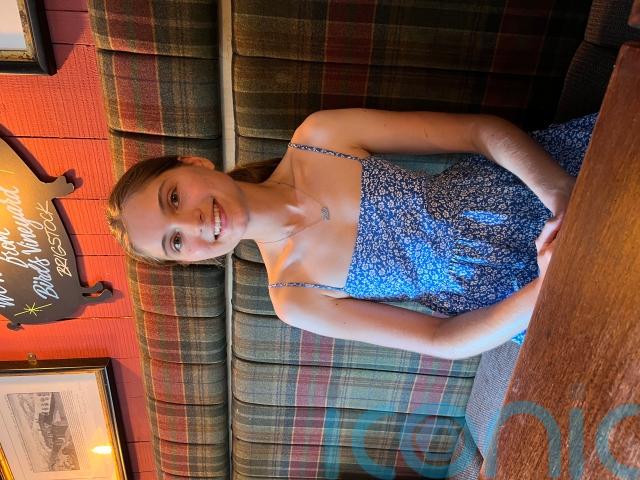
Along with the lump in her buttock, Ellie developed lumps in the lymph nodes in her groin, had severe constipation, trouble urinating, and a sharp pain in her left leg when she ran or played football, which were two of her favourite hobbies.
She did not tie the symptoms together, thinking she was simply having an unlucky string of concerns and injuries.
Because of the location of the Rhabdomyosarcoma, the chemotherapy and radiotherapy that Ellie received were focused on her pelvic area, causing damage to her reproductive organs.
The treatment essentially halted puberty, and when her periods did not return after treatment it was confirmed that Ellie was experiencing early menopause, was infertile, and that her pubescent development would not continue.
While Ellie has come to terms with her infertility, she has dealt with feeling “unwomanly” and “alien” in comparison to her peers, and urges a more open conversation around the “very taboo topic” that is early menopause.
“Over time, I’ve just learned not to care,” Ellie, who is now studying medicine and hopes to become an oncology doctor, told PA Real Life.
“I’ve just got to try and accept the body that I’ve been left with, and the main thing I try to do is to focus on what I can do, rather than what I can’t or what I don’t have, because there’s nothing I can do to change it.
“I’ve just got to focus on what I can do and just make the most of the body that I’ve been left with.”
Ellie’s cancer symptoms all started with “a small, kidney bean sized lump that (she) discovered in (her) left butt cheek”.
“And of course, where it was, I didn’t really mention it. I was a little bit embarrassed by it,” she said.
“I didn’t actually, to be honest, at the time, think much of it. And then over the months that followed, it just kept getting bigger and bigger.
“I probably had this lump for about six, seven months before I said anything, and by the seventh month, it was basically taking up the whole butt cheek. It was pretty bad.”
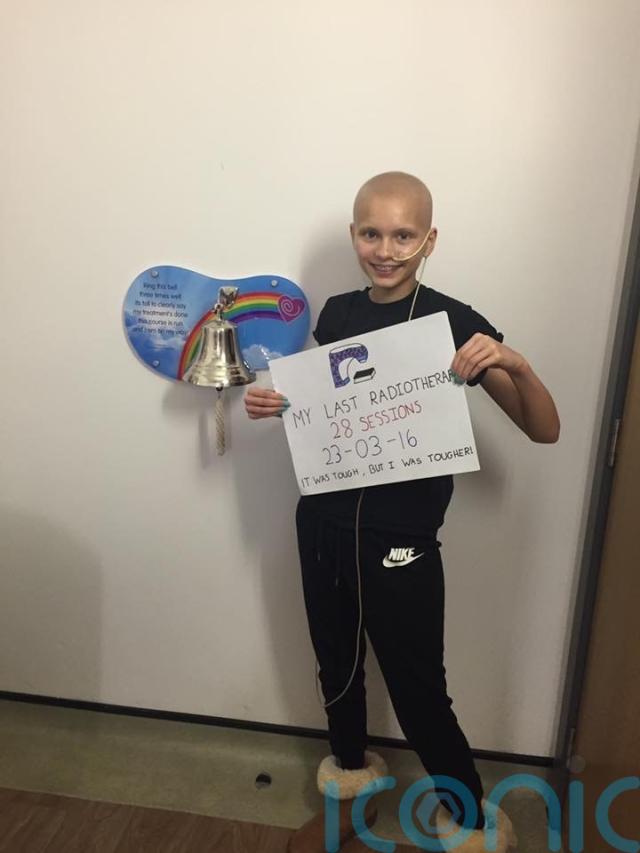
Along with the lump on her buttock, Ellie had lumps in her groin lymph nodes, constipation which she later learned was from the tumour pressing on her rectum, trouble urinating, and a sharp pain at the top of her left leg when she ran.
“I just thought they were separate entities, and I was just really unlucky, and that I would wake up one day and they would all be gone,” she said.
“But obviously that didn’t happen.”
Ellie first noticed the lump in January 2015, but did not tell her parents until August 2015.
Over the next three weeks, she went “back and forth to the GP” who thought the lump was an abscess and tried treating it with antibiotics.
When the antibiotics did not work, Ellie was sent to hospital for further checks, and ultimately learned that she had cancer.
Ellie was diagnosed with Rhabdomyosarcoma – a rare type of soft tissue sarcoma that develops in the body’s voluntary muscles, such as those in the arms, legs, head, and neck, according to Macmillan – in September 2015, by which point the cancer had reached Stage Four, meaning it had spread to other parts of her body.
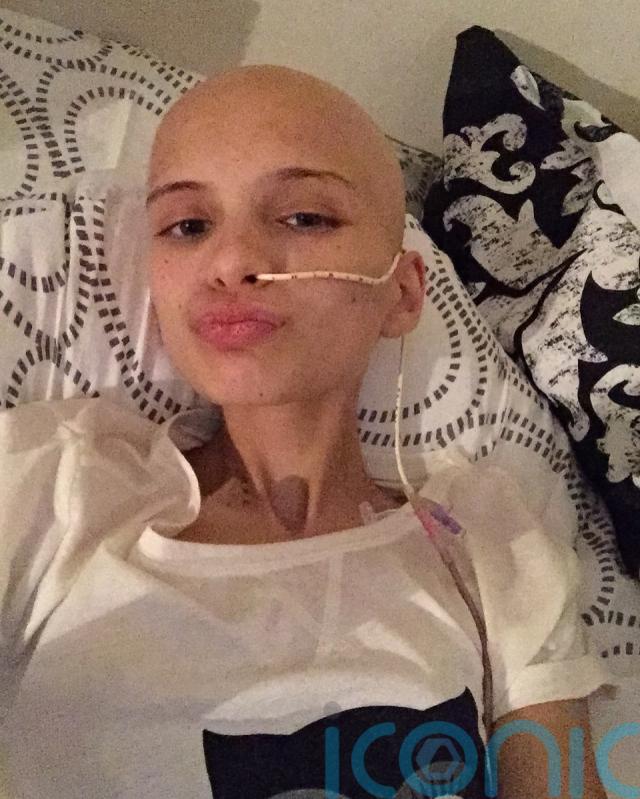
Her treatment took 18 months, and Ellie said doctors “had to literally pull out all the stops for this cancer”, including nine months of intensive chemotherapy.
“It was the sort of chemotherapy that just wipes you out, like physically, mentally,” Ellie said.
“My hair was gone, I couldn’t eat, had to have a feeding tube, lost lots of weight. Really bad side effects.”
Seven months into her chemotherapy, Ellie began radiotherapy to her pelvis, which caused further side effects such as “terrible diarrhoea”, burning and exhaustion.
Thankfully, she did not need surgery as within four months of treatment the tumour was no longer visible on scans, but 12 months of maintenance treatment followed to ensure all remaining cancer cells were eliminated.
Finally, Ellie entered remission, was able to return to school and begin her journey back to normality.
However, her future now looked a lot different to how it had before her diagnosis.
Among the long list of side effects for her chemotherapy and radiotherapy was early menopause and infertility, particularly because of the radiotherapy targeting her pelvis, though Ellie said she was “in survival mode at the time” and willingly took the risk.
“I didn’t care how I was left, as long as I survived the cancer and made it out the other side, I didn’t really care at that point about the repercussions,” she said.
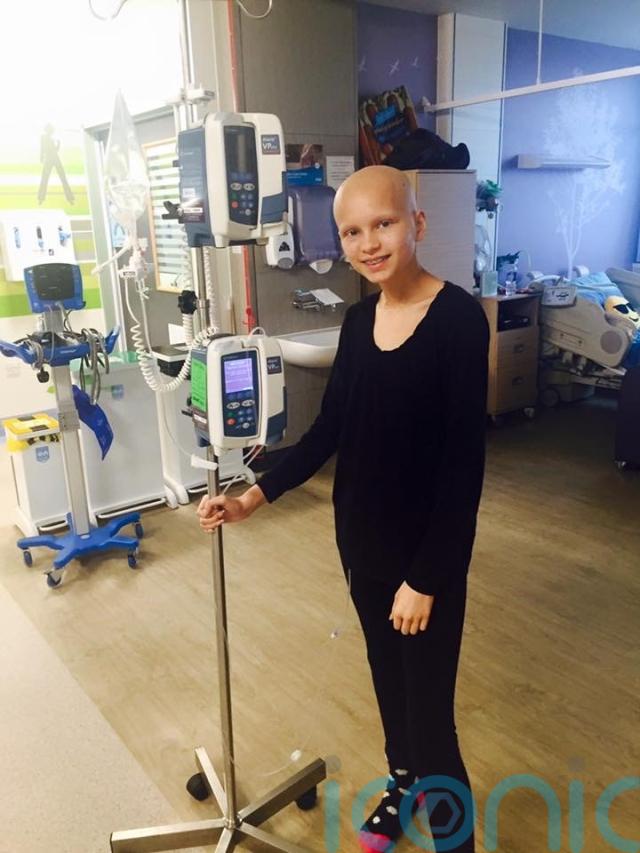
Ellie was told that if her periods did not return within six months of her treatment ending, it would be confirmed that she was menopausal.
She was experiencing fatigue, aching, and other symptoms, though she believed these were lingering effects of the chemotherapy.
As a 15-year-old, she said she did not have much understanding of the symptoms of menopause – “I thought menopause meant no periods and maybe the occasional hot flush, and that was it” – and her mum had not yet reached that stage of her life, either.
However, Ellie’s periods did not return, and she began hormone replacement therapy (HRT) – a treatment that helps alleviate menopause symptoms by replacing falling levels of oestrogen and progesterone.
“I’d not really properly gone through puberty before the treatment. With the treatment, it completely went, and then I went through menopause. There was no time to catch up, or go through puberty again. Where I left off, that was it,” Ellie said.
Her arrested development made Ellie lose touch with her femininity, and she found it particularly difficult when she went back to school and the other girls her age were “talking about periods, boys, hormones, and sex”.
“I felt like I was an 18-year-old trapped in an 80-year-old’s body,” she added.
“I have a bit more of a childlike body compared to my peers: My breasts never really developed, I’m still quite skinny, scrawny, not very curvy. That, alongside the infertility, and then the fact I don’t get periods, and I’ve gone through the menopause, made me feel very unwomanly.
“It affected my body image a lot, and my self worth, I felt very undesirable. I thought I’d never be able to date anyone, because I just didn’t think anyone would find me attractive in that way.”
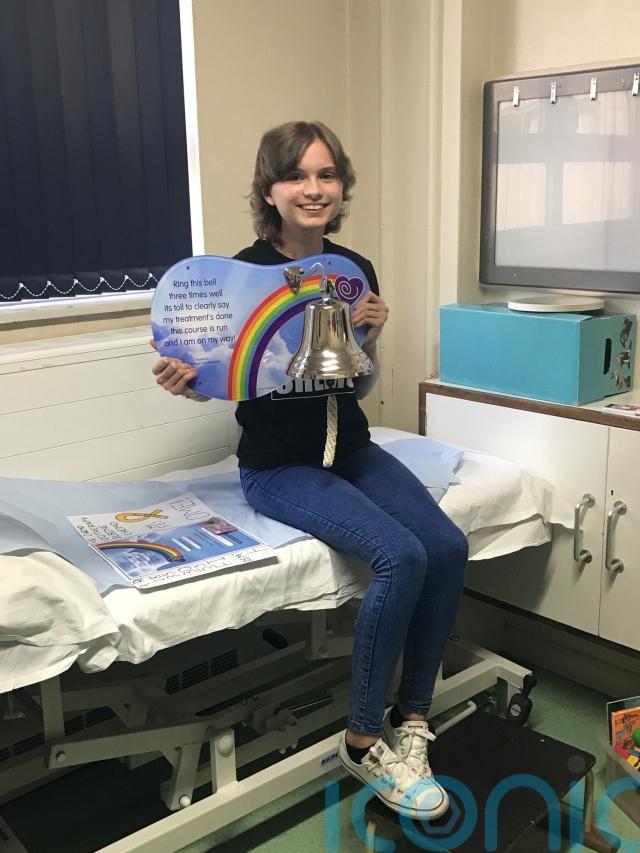
There were also the physical symptoms: when Ellie was studying for her A-Levels, she had “terrible brain fog”, was tired, aching, itching, and “could barely sit down for more than an hour because of the vaginal dryness”.
When lockdown hit in 2020 and her A-Level exams were cancelled, she began a personal research journey into early menopause, discovering that these were all recognised symptoms of menopause and that she was on too low a dose of HRT to properly combat them.
She first dealt with an NHS hormone specialist, but struggled to get the answers she needed.
Desperate, Ellie paid £250 for a private menopause consultation in April 2020 and was finally prescribed a hormone replacement that worked.
“Within two weeks,” she said, “I felt like a new woman.”
While Ellie finds that infertility can be “definitely a bit of a deal breaker” in relationships, she says she has come to accept it personally.
“I sort of just get on with menopause now, but I do sometimes think, when I get tired or I get brain fog or whatever: ‘If only I had normal working ovaries, maybe I would be able to perform better in my general life and my work, I wouldn’t have to remember every three days to change my patches and take hormones and all this and that’.”
Since September 2021, Ellie has been studying Medicine at Keele University in Stoke-on-Trent, and hopes to qualify as a doctor in August 2026.
She is interested in specialising in oncology, using her experience to help others.
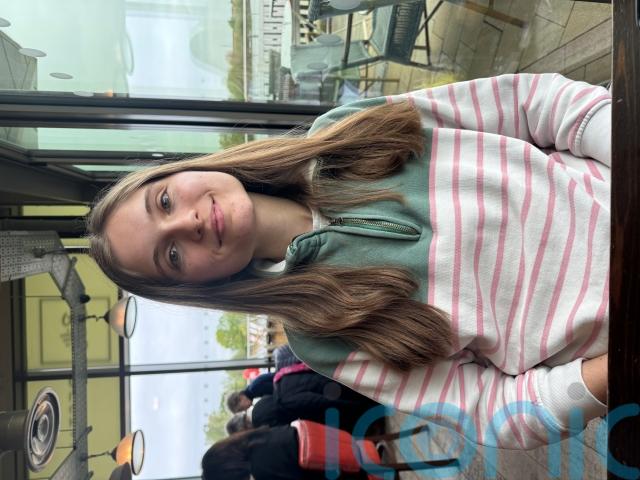
“For me, it’s just all about acceptance – accepting my situation, making sure I don’t bottle it up, talk to people about it. Then by doing stuff like this, raising awareness, it makes me feel like there’s a positive out of a bad situation. A bit of a silver lining.
“I’m able to help others, share my story and spread a bit of awareness. So that gives me a lot of solace in the situation that I’m in.”
“I think particularly early menopause is a very taboo topic that people don’t talk about,” she added.
“People are quite ashamed about it.
“I always say to people that are going through a similar situation to me: Empower yourself with knowledge. Read everything that you can about early menopause, listen to podcasts, watch documentaries, because you are your own best advocate…
“By having that knowledge, you can get access to the treatment that you need and the support that you need.
“I wish that, all those years ago, I knew a bit more.”
Claire Taylor, chief nursing officer at Macmillan Cancer Support, says: “Navigating treatment-induced menopause can be an incredibly challenging time – and many women are still going through this process feeling overwhelmed and alone.
“For anyone confronting these changes and symptoms Macmillan is here for you every step of the way providing specialist advice and support through our Macmillan Support Line, Cancer Information and Support Centres and Online Community.”
Subscribe or register today to discover more from DonegalLive.ie
Buy the e-paper of the Donegal Democrat, Donegal People's Press, Donegal Post and Inish Times here for instant access to Donegal's premier news titles.
Keep up with the latest news from Donegal with our daily newsletter featuring the most important stories of the day delivered to your inbox every evening at 5pm.